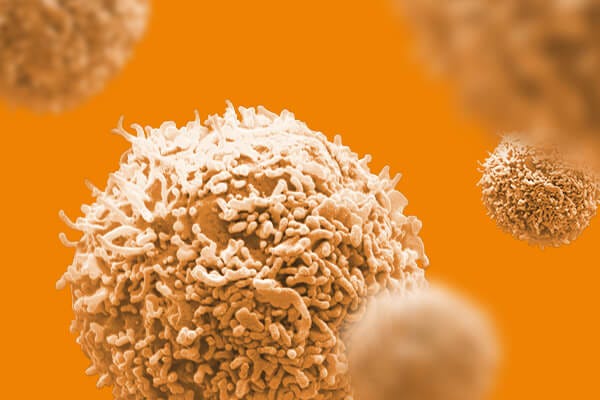参考文献
-
产品号#:
18170
18170RF
产品名:
EasySep™红细胞去除试剂 - 10mL
RoboSep™ 红细胞去除试剂
-
产品号#:
19654
19654RF
产品名:
EasySep™ Direct 人 PBMC 分选试剂盒
RoboSep™ Direct 人 PBMC 分选试剂盒
-
产品号#:
17662
85850
17662RF
85857
产品名:
EasySep™人FITC正选试剂盒II
mTeSR™1
RoboSep™ 人FITC正选试剂盒II
mTeSR™1
-
产品号#:
04434
09605
17896
04444
09655
17896RF
产品名:
MethoCult™H4434经典
StemSpan™ SFEM II
EasySep™ 人脐带血CD34正选试剂盒 II
MethoCult™H4434经典
StemSpan™ SFEM II
RoboSep™ 人脐带血CD34正选试剂盒II
-
产品号#:
18945
产品名:
EasySep™ 小鼠CD45正选试剂盒
-
产品号#:
17957
20144
17957RF
产品名:
EasySep™人中性粒细胞分选试剂盒
EasySep™缓冲液
RoboSep™ 人中性粒细胞分选试剂盒
-
产品号#:
19555
19157
19157RF
19555RF
产品名:
EasySep™人Naïve CD4+ T细胞分选试剂盒
EasySep™人记忆CD4+ T细胞富集试剂盒
RoboSep™ 人记忆CD4 T细胞富集试剂盒含滤芯吸头
RoboSep™ 人Naïve CD4+ T细胞分选试剂盒
-
产品号#:
17952
17954
17952RF
100-0696
17954RF
100-0971
产品名:
EasySep™人CD4+ T细胞分选试剂盒
EasySep™人B细胞分选试剂盒
RoboSep™ 人CD4+ T细胞分选试剂盒
EasySep™人CD4+ T细胞分离试剂盒
RoboSep™ 人B细胞分选试剂盒
EasySep™人B细胞分离试剂盒
-
产品号#:
19861
20104
19861RF
19059
19059RF
20124
产品名:
EasySep™小鼠单核细胞分选试剂盒
RoboSep™ 缓冲液
RoboSep™ 小鼠单核细胞分选试剂盒
EasySep™人单核细胞富集试剂盒
RoboSep™ 人单核细胞富集试剂盒含滤芯吸头
RoboSep™ 缓冲液 (5X浓缩液)
-
产品号#:
18063
18780
18781
18781RF
18780RF
18063RF
100-1136
产品名:
EasySep™人CD4+CD127low CD25+调节性T细胞分选试剂盒
EasySep™ 小鼠CD11c正选试剂盒 II
EasySep™小鼠CD11c正选试剂盒II及脾脏解离液
RoboSep™ 小鼠CD11c正选试剂盒II及脾脏解离液
RoboSep™ 小鼠CD11c正选试剂盒II
EasySep™人CD4+CD127lowCD25+调节性T细胞分离试剂盒
EasySep™人CD4+CD127low CD25+调节性T细胞分选试剂盒


 EasySep™小鼠TIL(CD45)正选试剂盒
EasySep™小鼠TIL(CD45)正选试剂盒





 沪公网安备31010102008431号
沪公网安备31010102008431号